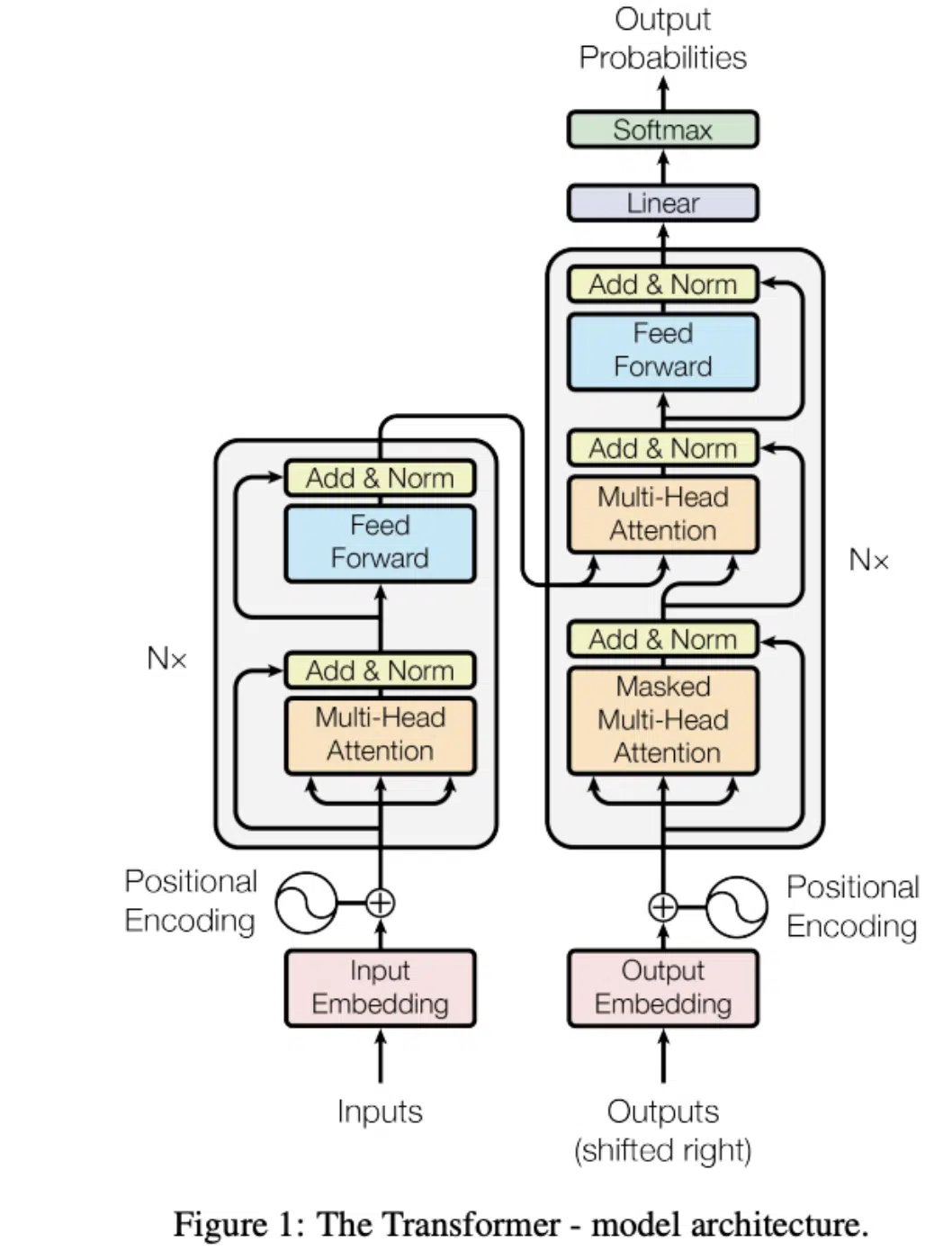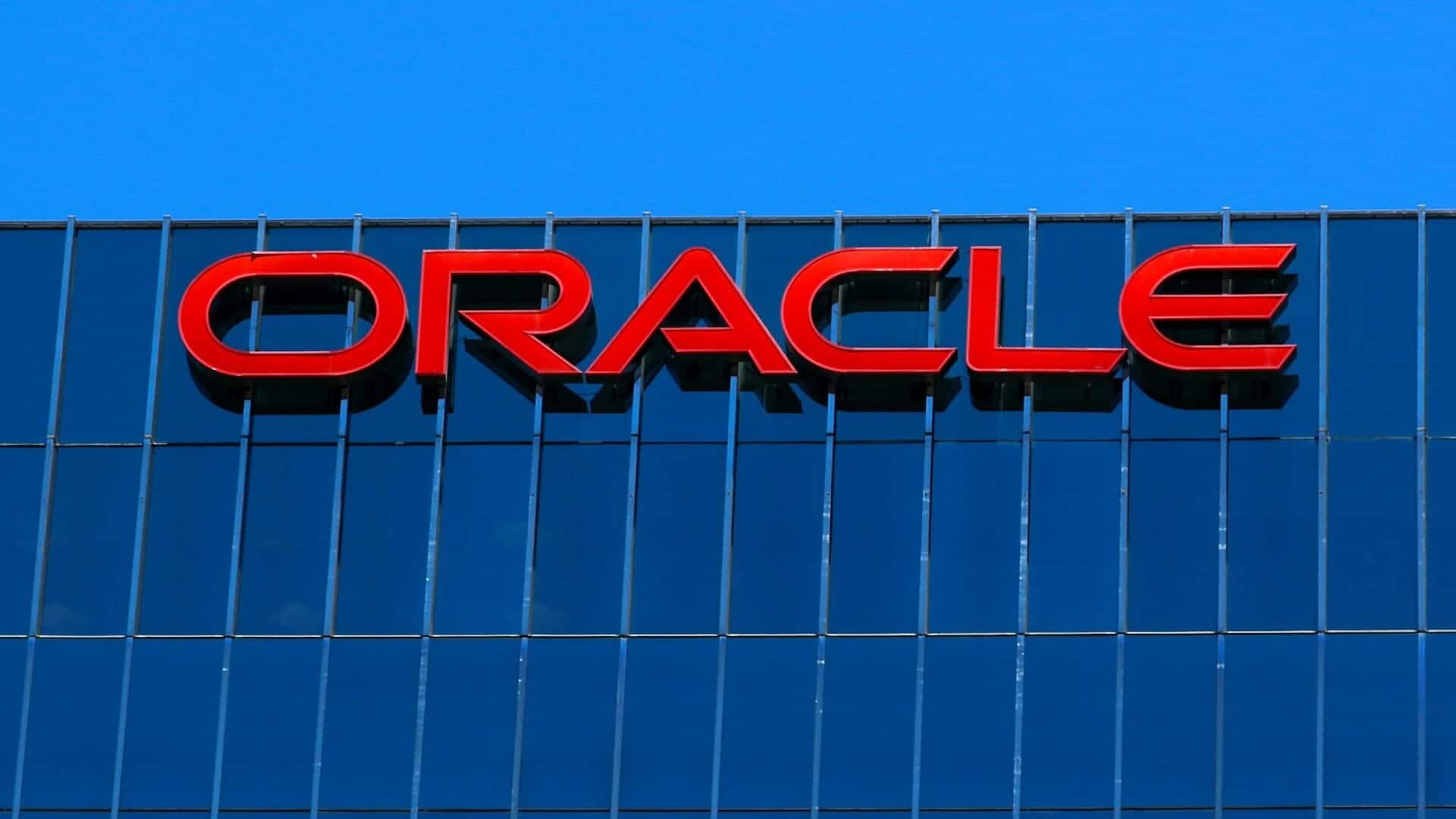Earlier this week, in an interview with CNBC, Twitter chief Elon Musk discussed his propensity to tweet controversial or even, at times, untrue things, noting that:
“I’ll say what I want, and if the consequence of that is losing money, so be it.”
This has been a common refrain for Musk, that despite paying $44 billion for the app, he’s not actually concerned about the financial aspect, and that he won’t allow this element to impact his decision-making at the app.
Which, in some ways, is an admirable stance, underlining his stated commitment to free speech, and allowing people to say what they like in the app. But on the other hand, Musk has equity partners and investors who may be less impressed with this approach.
This has been highlighted again today, with Twitter sending a letter to Microsoft which accuses Microsoft of misusing Twitter data to train its artificial intelligence technologies.
As per The New York Times:
“In the letter, which was reviewed by The New York Times, Twitter said Microsoft had violated an agreement over its data and had declined to pay for that usage. In some cases, the letter said, Microsoft had used more Twitter data than it was supposed to. Microsoft also shared the Twitter data with government agencies without permission, the letter said.”
The letter is the latest in Musk’s quest for retaliation against OpenAI, the company behind ChatGPT, and various other generative AI tools.
Musk, who was an early investor in OpenAI, has repeatedly expressed his annoyance that his early $100 million ‘donation’ to the company has been used to transform it into a $29 billion business. And with Microsoft taking a large stake in OpenAI, it too now stands to benefit – and as such, Musk now wants to claw back his share of that revenue intake.
With this in mind, Musk has already restricted OpenAI’s access to Twitter data, which has been used to fuel its generative AI models, while also increasing how much it costs for all companies to access the same. This latest push stems from Musk’s view that OpenAI benefited from Twitter data, which, again, he sees as effectively stealing from him personally.
They trained illegally using Twitter data. Lawsuit time.
— Elon Musk (@elonmusk) April 19, 2023
Musk’s public battle against OpenAI and Microsoft has already seen Microsoft remove Twitter from its Digital Marketing Center element, which will eliminate the promotion of Twitter ads to Microsoft partners. It’s hard to say what kind of impact that’ll have on Twitter’s bottom line, but with Twitter’s ad revenue – it’s primary source of income – already down by 50% since Musk took over, a further decline of any kind could be considered significant.
But as Musk says, the money is not his primary concern. And while a public battle with a significant ad partner is not a great look, Elon, as he’s shown, is going to do what he likes, regardless of the consequences.
That includes making decisions based on personal grudges, which could impact all of Twitter’s partners.
It’ll be interesting to see how this approach changes, or not, under incoming Twitter CEO Linda Yaccarino, an ad industry veteran, who’ll be tasked with reigniting its business relationships.
Will that see Twitter re-evaluate its approach, or will Musk continue to override Yaccarino in cases where he has a personal stake?
























































![Key Metrics for Social Media Marketing [Infographic] Key Metrics for Social Media Marketing [Infographic]](https://www.socialmediatoday.com/imgproxy/nP1lliSbrTbUmhFV6RdAz9qJZFvsstq3IG6orLUMMls/g:ce/rs:fit:770:435/bG9jYWw6Ly8vZGl2ZWltYWdlL3NvY2lhbF9tZWRpYV9yb2lfaW5vZ3JhcGhpYzIucG5n.webp)
















